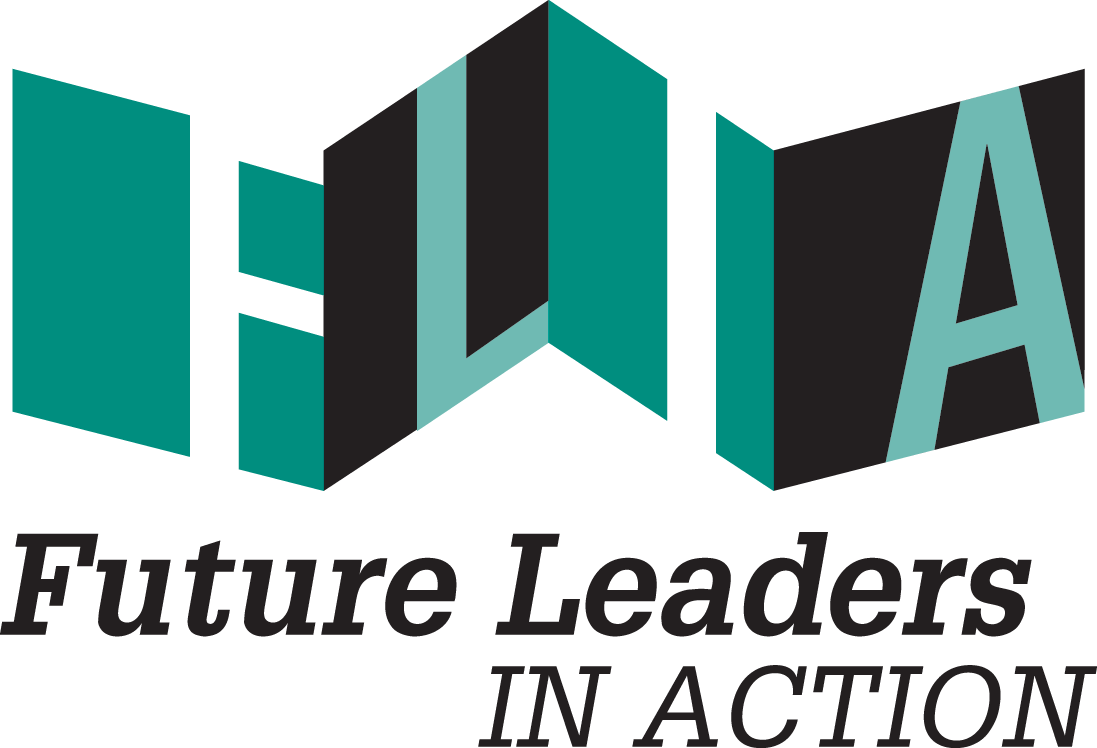It might seem a little obvious to list communication as the most important professional skill I have developed as a fellow, but there was never a “How to Write a Professional Email” class offered in college. My family was unarguably immigrant and blue-collar, working in a world where they could go weeks without talking to their supervisors, so workplace communication was never a topic of, well, communication for me.
By learning communication skills, I mean a multitude of lessons regarding how to listen and talk to the people with whom I work to collaborate and accomplish tasks. This often means learning to identify the platform each of your coworkers and supervisors prefer for communication and compromising with your own preferences to find an efficient middle ground. Culturally, our workforce is becoming increasingly focused on technological communication, in particular, relying on email. Furthermore, at Boys & Girls Clubs of Portland (BGCP), I work with staff from five Clubs, one school site, and an administrative office. Each person has their own schedule, and oftentimes they are in and out of the office for meetings and site visits. Email is often the most practical way for them to communicate. However, others still prefer phone calls or in-person meetings.
I spent the first week at BGCP sending email after email - everyone’s schedules were constantly packed. I then started visiting the sites for in-person meetings with Club leadership to establish personal relationships. I found that emails can get lost in a swamp of daily tasks and quickly learned to follow up with phone calls, but my learning process on this end was slow. I had no idea how much tailoring my communication, adapting it between individuals and organizations, could improve response time and clarity.
I speak English, but who knew all the intricacies of workplace email?
I started to send emails to my FLIA supervisors asking them to proofread because I struggled with professional language. I found myself recalling elementary school when I learned how to format a formal letter and a vague lesson on writing a memo, both of which only seemed tangentially-related. Staff at FLIA pinpointed a problem that seemed obvious in hindsight: I was being too vague with my emails at the partner organization. I needed to ask for a response by a general time. They patiently explained the loose timeline for following up on previous correspondence.
I began to discover that the professional world has its own rulebook, script, and formula for communicating with coworkers, supervisors, and stakeholders.
I have largely learned by observing in what format people reach out to me, and noting other indicators such as the timing of the email (morning or afternoon), how casual or formal their responses are, and then modeling my communication after those responses. Fortunately, I find myself working more and more with nonprofit organizations, whose own mission statements focus on helping individuals grow, including their own staff. With this support, FLIA and other nonprofits I’ve worked with have guided my transition into a professional role vastly different from the roles and norms I grew up understanding.


